10 September 2021
Rosie Dow outlines why we’re delighted to see the Baring Foundation highlight some of the brilliant work happening in Wales’ innovative arts and health sector.
We’re delighted that the Baring Foundation have recently released a report, ‘Creatively Minded’, sharing inspiring stories about projects from all four UK nations where the arts are helping people experiencing poor mental health.
Our HARP Sprint project, ‘Rengarific’, with Cardiff and Vale University Health Board, Swansea Bay University Health Board and The VC Gallery, features on page 50, with a write up describing the amazing impact of their innovative work on people in the Hafan Y Coed Day Centre for brain injury survivors in Cardiff during the Covid-19 pandemic. During the summer of 2020, the team facilitated online ‘Renga’ sessions where participants took inspiration from each others’ poems, photographs, paintings and other artworks to create story chains, which were then displayed online and in the Hearth Gallery in University Hospital Llandough. To us the project is a triumph of innovation, collaboration and creativity at the most difficult of times, combined with real care and tenacity from the team to make the project happen during lockdown. We are proud to have supported and facilitated this work.
The Creatively Minded report also explores the conditions and people around arts and mental health work, and shines a light on the amazing and innovative approach of our partner in HARP, Arts Council of Wales, for their investment in a Memorandum of Understanding with the Welsh NHS Confederation and in Arts and Health Coordinator posts in the Welsh Health Boards. Indeed, the report calls for England, Northern Ireland and Scotland to consider replicating this approach, which is a testament to the hard work of so many people here in Wales to make these initiatives a success.
In HARP our aim is to generate learning and impact through innovation and research in this area. We want to help shape the national conversation about how creative projects to support people’s mental health can be scaled, replicated and sustained. We know what’s important in this will be growing the evidence base, making the case, improving referral pathways, ensuring high quality delivery and securing more sustainable funding models. So, all of these topics are a key focus for learning and experimentation in HARP, so we look forward to sharing more about what we’re learning in the coming months, and profiling all the amazing work of the HARP projects, to make sure even more people can enjoy the health and wellbeing benefits of the arts in future.
